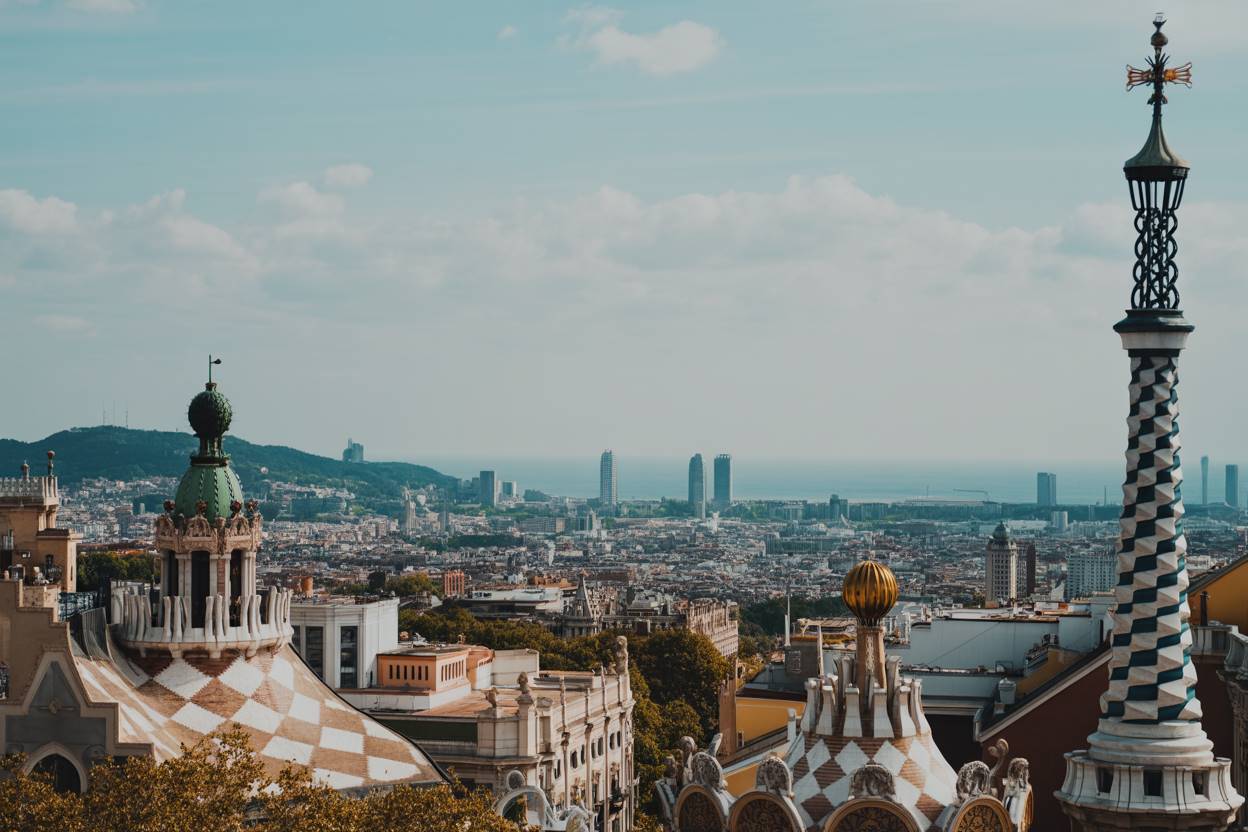read also
Tourism & hospitality / News / Netherlands / Tourism Netherlands / Greece / Tourism Greece / Spain / Tourism Spain / Italy / Tourism Italy / USA / Tourism USA / Japan / Tourism Japan / Investments / Вusiness 24.11.2025
Barcelona Joins Venice, Amsterdam, Kyoto, Hawaii, and Santorini in Raising Tourism Taxes in 2026: What Travelers Need to Know

From Europe to the Pacific, a growing number of popular destinations are introducing or increasing tourism taxes in 2026 to tackle overtourism, environmental strain, and infrastructure costs.
Barcelona, Venice, Amsterdam, Kyoto, Hawaii, and Greece are leading the shift toward sustainable tourism financing.
Why Are These Taxes Being Introduced?
The primary goal is to protect local environments and heritage.
Tourism growth has brought overcrowding, rising costs, and ecological degradation.
These new taxes aim to fund sustainability projects, transportation improvements, and cultural preservation.
Barcelona: Up to €8 by 2029
Barcelona will raise its municipal tourism surcharge from €4 to €5 per night in January 2026, with incremental increases to €8 by 2029.
The funds will support infrastructure renewal and environmental initiatives.
Children under 16 are exempt.
Venice: Entry Fee for Day-Trippers
Starting April 2026, Venice will charge €5–€10 for day visitors during peak hours (April–July).
The online fee system, processed via QR code, aims to reduce overcrowding and fund preservation efforts.
Overnight guests are exempt.
Amsterdam: Higher Taxes and Cruise Fees
Amsterdam will maintain its 12.5% tourist tax, but with a national VAT increase from 9% to 21%, the total effective tax will reach 33.5%.
Cruise passengers will pay a new €14.50 day tax starting in 2026.
The revenue will fund city services and manage visitor flow.
Kyoto: Tiered Accommodation Tax
From March 2026, Kyoto will introduce a tiered system based on room rates.
Budget stays under ¥6,000 will pay ¥200, while luxury rooms above ¥100,000 will incur ¥10,000.
Funds will go toward public transport and heritage preservation.
Hawaii: New “Green Fee” to Fund Climate Action
Hawaii will raise its Transient Accommodations Tax to 11%, with total taxation reaching 19%.
The $100 million annual fund will support wildfire recovery and ecosystem restoration projects.
Greece: Cruise Passenger Fee on Santorini and Mykonos
From summer 2026, Greece will impose a €20 cruise passenger fee during the high season.
Revenue will fund environmental protection and reduce tourism density on fragile islands.
Traveler Impact and Implementation
Most new levies will take effect by January or April 2026.
Taxes will be collected directly by accommodation providers or via online systems.
Travelers are encouraged to budget accordingly, especially when planning multi-stop trips or cruises.
According to International Investment:
“Tourism taxation has become a global necessity, but without transparency and reinvestment, it risks alienating middle-income travelers. Cities must balance revenue goals with inclusivity, ensuring taxes genuinely fund sustainability rather than bureaucracy.”
Experts warn that 2026 will mark a turning point — from mass travel to conscious, fee-based tourism, where access to iconic destinations increasingly comes with a price tag for preservation.








